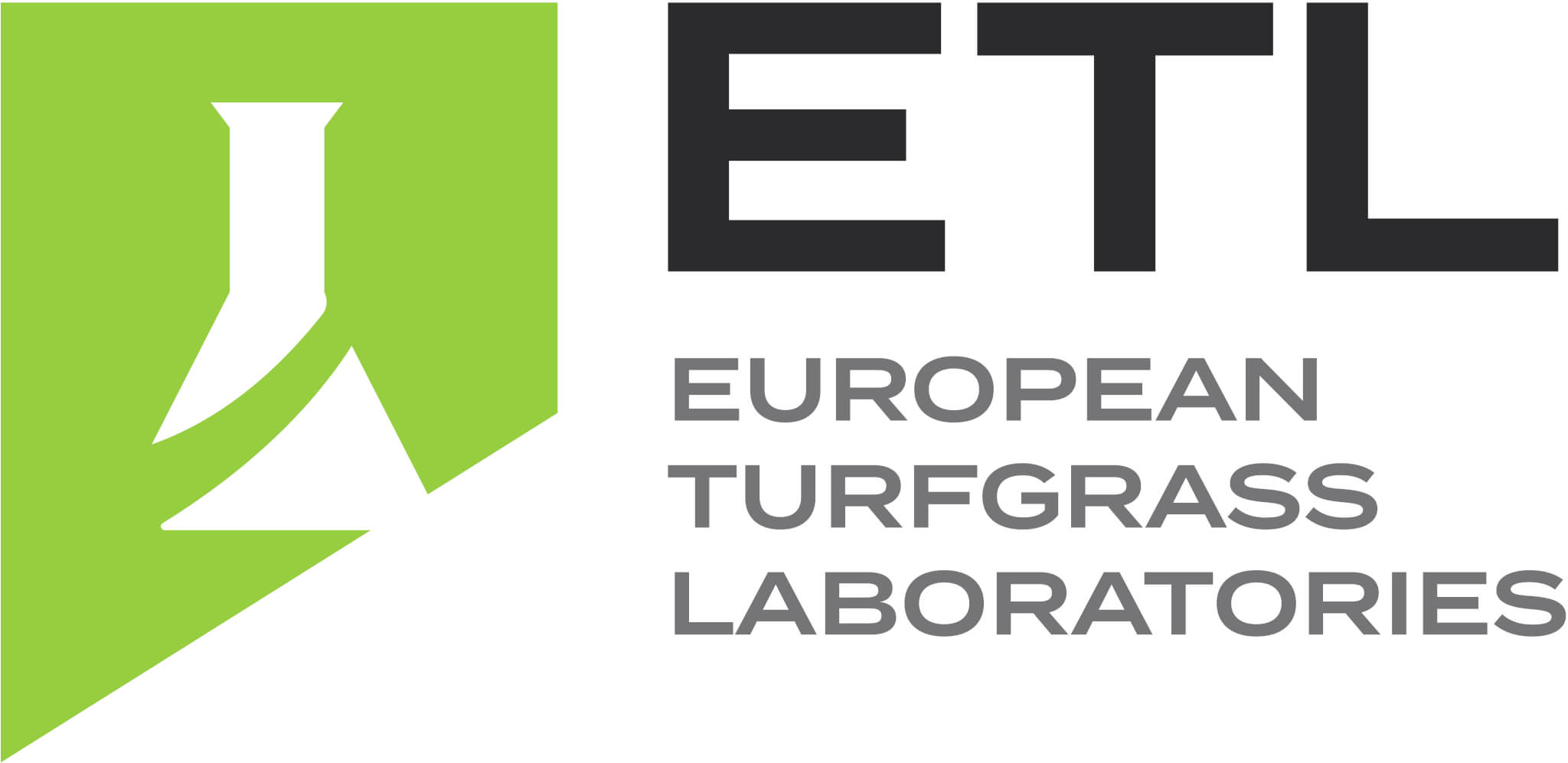New permit scheme to address labour shortages in agri-food sector

500 work permits will be provided for the horticulture sector to source workers from outside the European Economic Area in order to address labour shortages.
18 May 2018
The Minister for Business, Enterprise and Innovation, Heather Humphreys, signed off on changes to Employment Permit Regulations on Monday which will make it easier for certain businesses in the agri-food sector to source workers from outside the European Economic Area (EEA).
The changes, which will operate on a pilot basis initially, include 500 permits for the horticulture sector, 250 for the meat industry and 50 for the dairy sector.
Minister Humphreys said: “As we approach full employment, labour shortages at the lower-skilled end of the jobs market are becoming apparent in some sectors. This has the potential to constrict growth if these needs are not met. Parts of the agri-food sector are particularly affected in the immediate term.”
Earlier this year, the Minister asked her Department to review the economic migration policies underpinning the current employment permits system.
The ongoing review is being overseen by an Interdepartmental Group, chaired by the Department of Business, Enterprise and Innovation. A report is due to be presented to the Minister by the end of June 2018.
Announcing Monday’s changes, which come in advance of the review group’s final report, Minister Humphreys said: “I am acutely aware of the particular challenges facing parts of the agri-food sector. The sector employs about 173,000 people across the regions, contributes almost 8% to gross national income, and currently has exports worth almost €13.5bn.
“Like many developed countries, however, we are now seeing pressures at the lower-skilled end of the market. In seeking to deal with these pressures, I am also conscious that any changes introduced must not disrupt the domestic labour market.”
The review group, taking a cross-sectoral approach, accepts there is evidence of an increasingly challenging environment to recruit and retain staff.
The Minister continued: “I have decided to introduce a temporary scheme to alleviate the immediate difficulties that companies in the sector are experiencing. This scheme will allow workers in the horticulture, meat processing and dairy sectors from non-EEA countries to access the labour market.
“A new minimum remuneration threshold of €22,000 is being introduced for these occupations. Furthermore, there will be specific obligations on the employers around the welfare and prospects of the foreign nationals employed. This includes ensuring they have access to suitable accommodation and to training in areas such as language skills.”
Commenting on the scheme the Minister for Agriculture, Food, and the Marine, Michael Creed said: “The granting of a pilot quota of permits for the meat processing, horticultural, and dairy sectors is timely and will go some way towards helping to fill the labour gap. . . it is clear that certain parts of the industry have been struggling to fill vacancies for some time now, despite a range of efforts.
“I must emphasise that these permits are only one piece of the jigsaw with regard to labour supply. The agri-food sector, in line with the Food Wise strategy, must value human capital, and put significant effort into attracting, retaining and developing the best people to work in the sector”.
Minister of State for Food, Forestry, and Horticulture, Andrew Doyle, said: “The horticulture sector, for which I have responsibility, is a critical component of the agri-economy. However, labour shortages have posed a challenge to horticultural operators running their businesses and I am pleased that Government can help them overcome that impediment with today’s announcement.”



 Print
Print








Fans 0
Followers